Diversifying rice export markets
Prime Minister Pham Minh Chinh has just signed and issued Official Dispatch No. 160 dated September 9 on strengthening the implementation of tasks and solutions to promote production, export and stabilize the rice market.
According to the telegram, the Ministry of Industry and Trade is assigned a core role in presiding over and coordinating with ministries, sectors and localities to diversify rice export markets, aiming for stability, sustainability and long-term effectiveness. The Ministry needs to organize flexible trade promotion activities, combining direct and online activities, to consolidate traditional markets while expanding new markets, especially FTA markets and niche markets with demand for fragrant rice and high-quality rice such as the EU, the US, South Korea and North America.
The Prime Minister emphasized the need for trade offices in countries to proactively grasp developments in agricultural import policies, promptly warn businesses, and protect the interests of exporters to the maximum extent. At the same time, market research and import demand forecasting need to be promoted, thereby providing timely information to the Vietnam Food Association and businesses, helping to shape business strategies and minimize risks.
Another important task is to ensure a balance between exports and domestic consumption demand. The Ministry of Industry and Trade is required to direct the Vietnam Food Association and enterprises to strictly comply with regulations on rice export business, maintain circulating reserves, contribute to stabilizing domestic rice prices, and not affect people's lives.
For the business sector, the Prime Minister directed the Ministry of Finance to facilitate customs procedures, apply information technology, and accelerate VAT refunds to support traders with more financial resources. The purchase of national rice reserves also needs to be implemented synchronously, helping farmers to rotate production capital and prepare for the next crop season.
The State Bank is assigned to direct commercial banks to increase credit provision to enterprises producing, processing, purchasing and exporting rice, especially when the market fluctuates, thereby creating conditions for enterprises to seize opportunities and limit risks.
In addition, the Prime Minister assigned the People's Committees of provinces and cities to closely monitor local rice export activities and coordinate closely with ministries, branches and associations to promptly resolve difficulties. The Vietnam Food Association and the Vietnam Rice Industry Association also need to increase the sharing of information on world markets and proactively propose trade promotion programs suitable for each specific market.
In the long term, the Prime Minister requested the Ministry of Agriculture and Environment to take the lead in building specialized rice growing areas, developing high-yield and high-quality rice varieties, and promoting research and application of the "Vietnam Rice" brand in the international market.
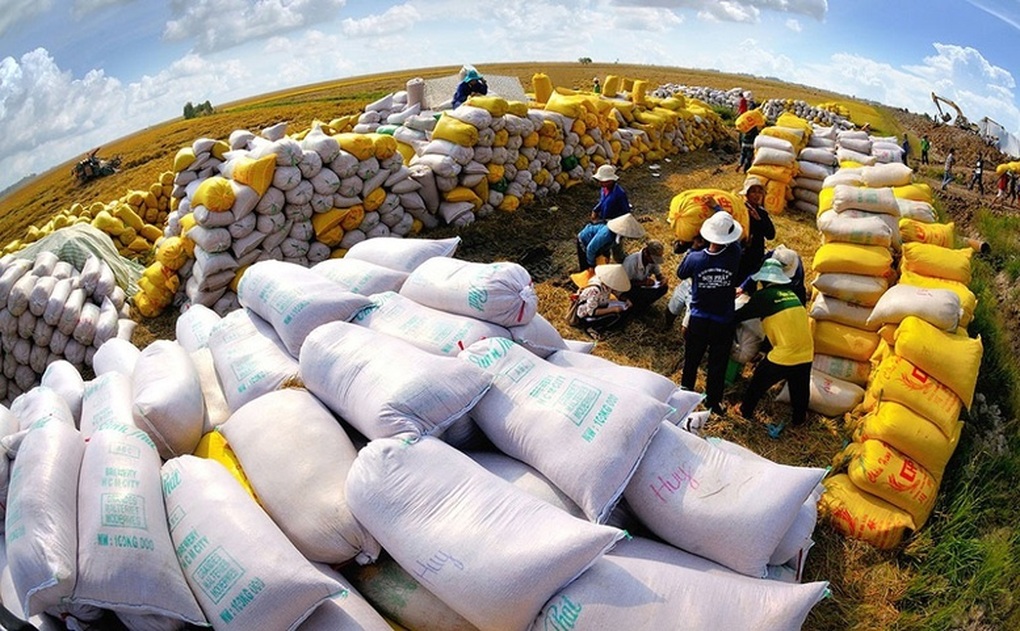
People harvest rice (Photo: IT).
Proactively respond to rice market instability
According to rice exporting enterprises, Official Dispatch No. 160 is considered an important directive in the context of strong fluctuations in world rice demand.
Although Vietnam's rice production and export in the first months of the year achieved positive results, contributing to agricultural growth and ensuring food security, market developments are still volatile, requiring drastic direction to maintain stability and sustainable development.
In the first 8 months of 2025, the average rice export price decreased by about 19.3% compared to the same period in 2024, greatly affecting the revenue and profit of enterprises. The main reason is the decline in international demand and fierce competition from major rice exporting countries such as Thailand, India, and Pakistan.
The Philippines, the largest market for Vietnamese rice, accounting for 42% of total exports, has temporarily suspended imports of some types of regular rice for 60 days (from September 1, 2025) to protect domestic crops, putting great pressure on businesses and domestic prices.
Source: https://dantri.com.vn/kinh-doanh/thu-tuong-chi-dao-giai-phap-ung-pho-bien-dong-thi-truong-gao-20250910002908049.htm









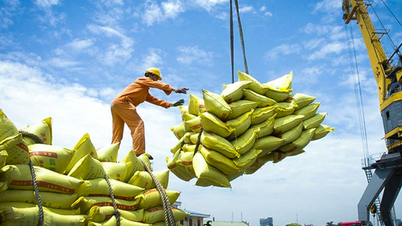








![[Photo] Prime Minister Pham Minh Chinh chairs the regular August Government meeting](https://vphoto.vietnam.vn/thumb/402x226/vietnam/resource/IMAGE/2025/9/6/65163c71463944d7ac18dc6655b78339)


















![[Photo] Off-road racing: Adventure sport, attractive tourism product](https://vphoto.vietnam.vn/thumb/1200x675/vietnam/resource/IMAGE/2025/9/14/45123bd29c884b64934da038d947d344)








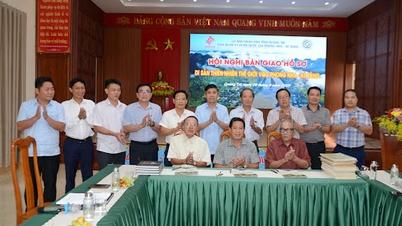










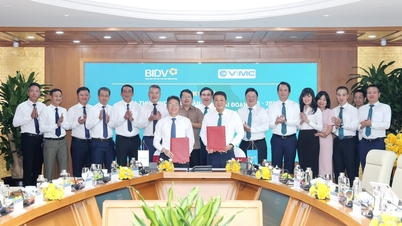

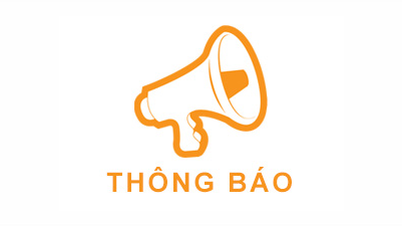










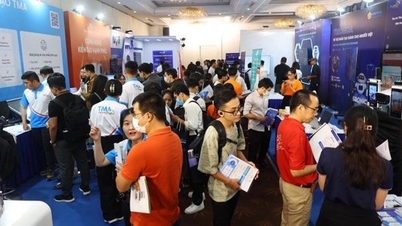







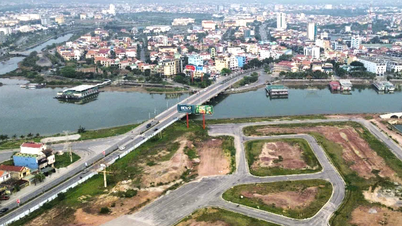



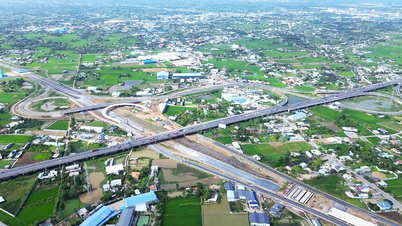

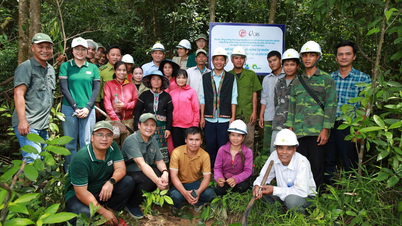





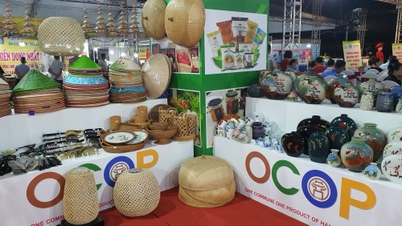












Comment (0)